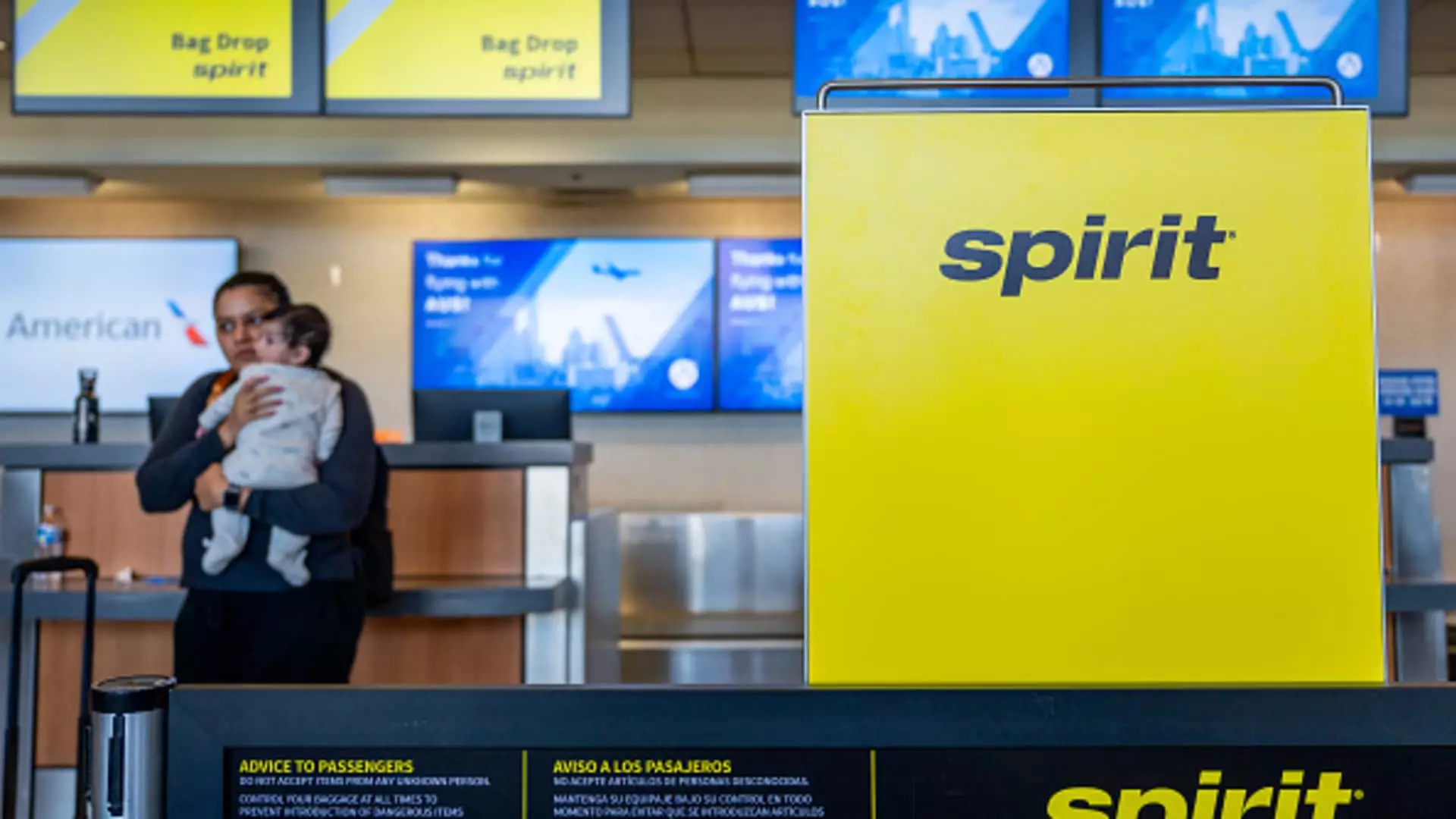In a significant development for the aviation sector, Spirit Airlines has become the first prominent U.S. passenger carrier to file for Chapter 11 bankruptcy protection in over a decade. Although the filing comes with a heavy weight of financial distress, it is crucial to note that it does not signify the end of operations for the budget airline. Instead, it represents a strategic maneuver allowing Spirit the opportunity to restructure its business model and stabilize its finances while continuing to serve travelers.
### Challenges Leading to Bankruptcy
The financial troubles facing Spirit Airlines are not recent phenomena. Since 2019, the airline has faced increasing losses, which have been exacerbated by the global pandemic. As the airline industry grappled with soaring operational costs due to inflation and unexpected disruptions such as engine recalls affecting their Airbus fleet, Spirit found itself unable to cope. The situation worsened after a federal judge thwarted the planned acquisition by JetBlue Airways, further complicating Spirit’s financial landscape. As deadlines loomed for $1.1 billion in debt payments set for the following year, the airline was in dire need of a financial strategy to navigate these challenging waters.
The airline has successfully reached an agreement with most of its bondholders for a streamlined restructuring plan. This move is positioned as a critical step towards revitalizing the airline’s operations, and analysts suggest a feasible exit from Chapter 11 could happen as early as the first quarter of 2025.
For consumers, Spirit’s bankruptcy filing elicits concern, yet it also opens avenues for understanding how to best navigate the evolving travel landscape. Spirit’s Chief Executive Officer, Ted Christie, has reassured customers that they can continue to book flights, utilize loyalty points, and redeem credits as usual. However, vigilance is essential, as travelers may need to adjust their plans depending on potential changes to flight schedules or seating capacity, which could be influenced by the company’s restructuring efforts.
Travelers should remain alert to Spirit’s operational adjustments, especially during high-demand periods such as the holiday season. Although the airline is likely to maintain its schedule as much as possible to capitalize on peak travel times, further cuts could be anticipated in the future, which might affect service availability.
The U.S. Department of Transportation (DOT) has made it clear that customer rights regarding refunds can become murky during bankruptcy proceedings. In cases where Spirit cancels flights or significantly alters schedules, customers are typically entitled to cash refunds. However, as the airline takes measures to stabilize its assets, it might temporarily limit its ability to issue refunds.
Travelers are advised to proactively utilize credit cards for ticket purchases, as this method often affords additional protections compared to debit cards or cash. Should Spirit deny refund requests, cardholders might find recourse through the Fair Credit Billing Act, offering some peace of mind in an unpredictable situation. Furthermore, travelers may consider purchasing refundable tickets from other airlines if they want to ensure flexibility, though this route can come with higher costs.
Despite the current chaos enveloping Spirit Airlines, there is optimism about its recovery trajectory. Typically, airlines emerging from Chapter 11 can do so in a more streamlined and viable form. Industry experts anticipate that Spirit might shed non-essential assets as part of its restructuring process, potentially opening the door for competitor airlines to acquire valuable resources or operational capacities.
Additionally, the previous interest from Frontier Airlines in merging with Spirit may resurface in the future, especially as airlines seek to build economies of scale amidst fluctuating market conditions. An administration favorable to airline consolidation could further facilitate these discussions, altering the competitive dynamics within the aviation sector.
For many budget-conscious travelers, Spirit Airlines has long been synonymous with affordable flight options. While the airline’s Chapter 11 filing may cast a shadow over its operations, it is important to recognize this as a strategic endeavor to emerge more robust and efficient. As consumers, staying informed and adaptable will be key to navigating this complex landscape, whether booking flights with Spirit or considering alternatives in the evolving airline industry. Understanding your rights and utilizing protective measures will empower travelers to mitigate risks during this transitional phase in air travel.

